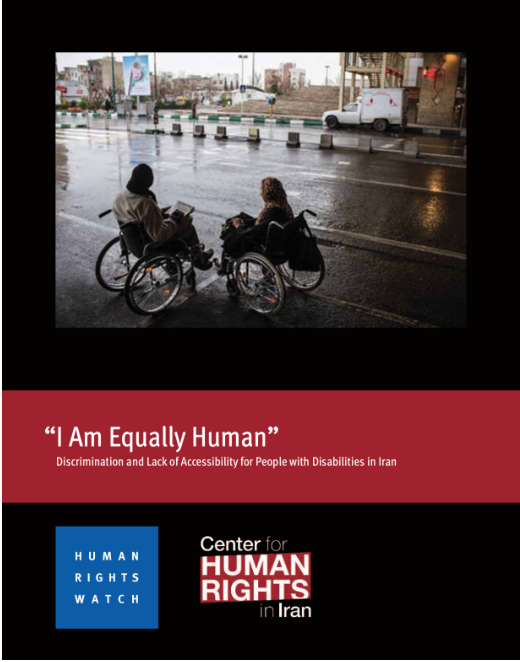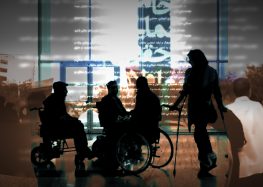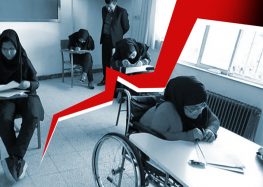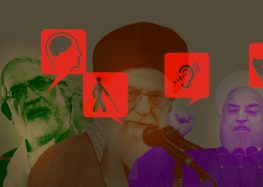“Downtism Café” Launched as Iran’s First Business Staffed by People Living With Disabilities
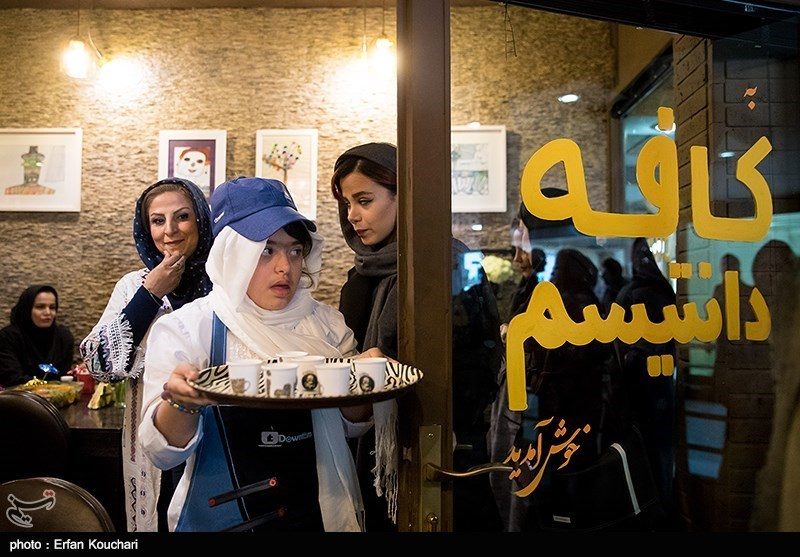
Iran saw the opening of Downtism Café, the country’s first café staffed by people living with disabilities including down syndrome and autism, on May 1, 2018.
“Certainly these kinds of positive steps will make a difference in changing how society views people with disabilities, especially those who think negatively of them and label them as useless and feeble, which isolates them from society and forces them to stay home, ” Sepideh Jadiri, the mother of an autistic person, told the Center for Human Rights in Iran (CHRI).
According to the deputy head of the State Welfare Organization in Tehran Province, the is café employs 10 people living with disabilities who want to be recognized as valuable members of society. Downtism Cafe is managed by the staff members’ parents.
“Ten individuals who have reached employment age and were trained by a coach who only gave them guidance have come here today and are running the establishment by themselves and they want to create a new culture,” Mohammad Reza Asadi told the Asr Iran news site on May 1.
Downtism Cafe is located on the second floor of the Passage Ayeneh building on Vanak St. in northern Tehran. It was launched with the support of the State Welfare Organization, the main governmental body providing services to people living with disabilities in Iran, and the families of the café’s employees.
“These actions will make people see these individuals’ management and communication skills and break stereotypical attitudes,” Jadiri told CHRI.
“The truth is that these individuals communicate and connect with others in a different way,” she added. “That’s not a weakness, it’s a difference. Although, in order to have a more comfortable life among the majority in society, inevitably they have to get special training to learn conventional communication skills.”
Disability rights activists told CHRI that they hope the cafe and similar initiatives will help Iranian people recognize and appreciate the potential of people living with Down Syndrome and Autism and improve employment rates for Iran’s historically marginalized disabilities community.
According to state figures, one out of every 150 babies were born with Autism in Iran in 2017.
According to the State Welfare Organization’s deputy director for rehabilitation, six thousand autistic children were identified that year but only 3,000 are receiving services from the organization.
Iran lacks comprehensive data on its disabilities community. Disability rights activists also argue that the data that is available underestimates the number of people living with disabilities in Iran and can be inaccurate regarding the specific disabilities people are living with.
According to Article 8 of the UN Convention on the Rights of Persons with Disabilities, ratified by Iran in 2009, member states must adopt “immediate, effective and appropriate measures, a) To raise awareness throughout society, including at the family level, regarding persons with disabilities, and to foster respect for the rights and dignity of persons with disabilities; b) To combat stereotypes, prejudices and harmful practices relating to persons with disabilities, including those based on sex and age, in all areas of life; c) To promote awareness of the capabilities and contributions of persons with disabilities.”

